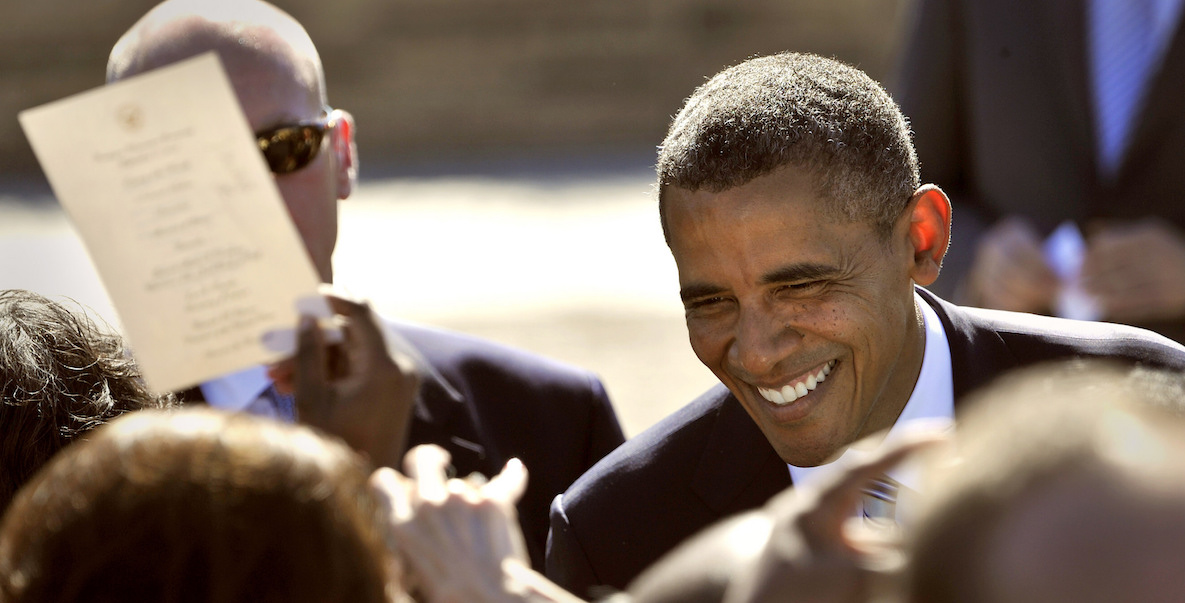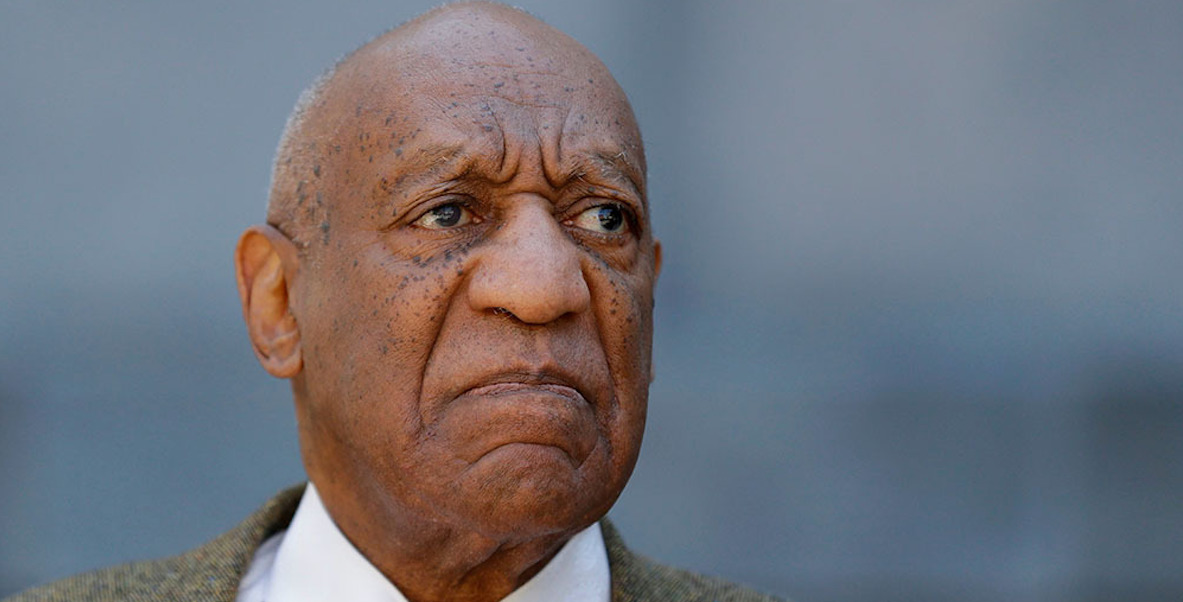Last Wednesday, at Councilman Allan Domb’s request, City Treasurer Rasheia Johnson appeared before City Council for more questioning from him about the city’s accounting practices, or—more accurately—the lack thereof. There’s that little matter of the missing millions from the city’s consolidated cash account, a now-$27 million discrepancy between what’s on our books and in the account.
Most troublingly, under Domb’s penetrating questioning, there’s an ever-growing number of accounts that haven’t been reconciled in years; by his reckoning, those accounts have been home to $20 billion in taxpayer money. Johnson was accompanied before Domb by Finance Director Rob Dubow, to whom she reports. Dubow has been in his position for a decade, overlapping two mayoral administrations, a testament to his inside game political skills.
Before Domb, he occasionally jumped in during Johnson’s testimony. At one point, Domb cradled his head in his own hands and I could only surmise he was saying to himself: “These are the guys stewarding taxpayer money?” Because what emerges from their exchanges is a grand scale betrayal of the city’s fiduciary responsibility to its taxpayer. Watch the carnage for yourself, paying particular attention to the obfuscations and examples of sheer incompetence offered up at the 5:10, 6:25, 9:29 14:53 and 17:48 minute marks:
I’ve got to hand it to Domb for sitting through Johnson and Dubow’s dissembling and keeping his cool. Watching the display, the number of excuses and discombobulations almost have the effect of numbing your outrage. Almost. But then you think about how this administration is seeking even more in taxes while exhibiting such disdain for the taxpayer, and your blood pressure starts to boil anew.
As the Kenney administration seeks yet more tax increases, it’s clear that a disqualifying lack of care has attended the stewarding of those that have already been paid.
Let’s zero in on just a couple of exchanges, and you tell me if your reaction is anything close to “Wow, these guys know what they’re talking about.” Johnson testifies that she started in her position in January of 2016, at the beginning of Kenney’s term. She found out about the lack of reconciliations in May:
DOMB: When you came in as Treasurer, knowing that the Treasurer’s responsibilities are reconciling the accounts on a monthly basis at least, or even daily, were you doing that when you came in as Treasurer?
JOHNSON: Yep. Sat down, at the time there was, from transition, there was a deputy that crossed both administrations and we sat down with him and did the debrief, and one of the things was where we were with reconciliations at that time, but it was not a full-scale disclosure of what was actually happening.
DOMB: My understanding is that the job of the Treasurer is to make sure that all of our accounts are reconciled. And if you started in January, within the first 30 days wouldn’t you be looking at reconciling the accounts, and if you had done that you would have realized that accounts haven’t been reconciled since 2010?
JOHNSON: Well, are you specifically speaking of Con Cash? Con Cash was 2014.
DOMB: Payroll account.
JOHNSON: Payroll is 2010, that’s correct. And like I said, in wholesale talking about reconciling what the staff was doing it was learning all that, and it was not disclosed fully at that time to me that the staff was working and just getting in and finding out day to day, and with that that’s how I found out.
DOMB: If you were hired as a Treasurer for any company other than the city of Philadelphia, within 30 days of the close of the month the responsibilities are to make sure the bank accounts are reconciled, so I don’t understand how it took from January until someone in May telling you, that you didn’t realize they weren’t reconciled.
JOHNSON: Okay, and I’m telling you that, you know, having conversations going through wholesale with everyone in the department, and all that they are reconciling where are they with it was not fully disclosed at that time to me at the severity of it, you know, so I did not find out until that time.
DOMB: Did you ask in February, for example, have January’s records been reconciled?
JOHNSON: Did I ask that specific question? No I did not.
DOMB: Or in March or in April?
JOHNSON: I can’t recall that I asked a specific question to that nature.
DOMB: I only ask because in any business, you ask 15 days before the close of the month, you ask your accountant, has everything been reconciled? What’s outstanding?
Domb goes on to walk Johnson and Dubow through the timeline. That’s when it emerges that even more accounts than had previously been disclosed have not been reconciled. At the 9:29 mark, Domb can’t even get Johnson to provide a range as to how much cash is typically in said accounts. He’s doing more than pulling teeth. Watching the display, you’re like: You’re the freakin’ Treasurer! How do you not know what’s in the accounts? Rather than treating all us to his head exploding, Domb focuses on the lack of bureaucratic urgency:
DOMB: Why did it take so long, over a year, from May of 2016 to the CAFR [the Comprehensive Annual Financing Report, which uncovered the then-missing $41 million in the consolidated cash account] comes out in June of 2017, and now we’re sitting in ’18 when we’re just getting the accountant on board. Why did all that time lag?
JOHNSON: Well, one, we had different processes that we needed to go through to find out the why, start to put information together, so all this time we were doing work.
Dubow chimes in to remind Johnson that her office had staffing issues at the time, as well. But notice the response to what should have been taken as a fiscal crisis: “We had different processes that we needed to go through.” Process is the language of bureaucrats, not innovative problem-solvers, which Domb implies in his response:
DOMB: My point is we’re probably talking about accounts that total 15 to 20 billion dollars over the years, and if you found you were short people to do this work in May, you should have come to this body and said we need to hire an outside accountant at that point and do it. The issue for me is we can all make mistakes, it’s the amount of time to get this corrected. This is, like, really important.
Dubow points out that an RFP did go out in October or November for an outside accountant (to the tune of $500,000). Domb doubles down on his point:
DUBOW: The responses came back in January of ’18.
DOMB: I guess my point is from May of ’16 till even October of ’17, that’s 15, 16 months went by. I will say that, for me, it’s that night I’m trying to figure this out. Why did we let all this time go by with this amount of money?
The hearing ended with Johnson and Dubow committing that all city accounts will be reconciled and up to date by June 30, but their testimony actually raises more questions than it answers.
Why was Johnson not initially told when she became Treasurer that so many accounts hadn’t been reconciled? What did Dubow know about that, and when did he know it? Will the city’s bond rating pay the price for Dubow’s and Johnson’s sins? Will PICA, the state oversight board created to “foster the fiscal integrity of cities” take action to try and restore some semblance of financial credibility to Philadelphia government? Why hasn’t Inspector General Amy Kurland weighed in on this, given her office’s mandate to root out corruption, waste and fraud? Dubow and Johnson say the missing $27 million is due to accounting errors, but, as Controller Rebecca Rhynhart has pointed out, not regularly reconciling bank accounts is often an inducement to wrongdoing.
I caught up with Domb the day after Johnson’s testimony. He said he hadn’t slept the night before. “I was feeling bad,” he said. “Am I hurting the city by exposing this?” But then, he said, he’d stop himself. “This is insane,” he said. “It’s worse than I thought.”
The number of excuses and discombobulations almost have the effect of numbing your outrage. Almost. But then you think about how this administration is seeking even more in taxes while exhibiting such disdain for the taxpayer, and your blood pressure starts to boil anew.
And where are Domb’s colleagues? Only two—Council President Darrell Clarke and Councilwoman Jannie Blackwell—were present for his cross-examining of Johnson. Blackwell didn’t respond to a request for comment.
Finally, there’s Johnson and Dubow themselves. Dubow has long had a stellar reputation. But he’s never been a beacon of transparency in government, going back to complaints in the early days of the Nutter administration about his pushing back against making the city’s data more open.
![]() In her 15-year career, Johnson has served as an investment banker, financial advisor and issuer, working in municipal finance at Loop Capital Markets and Public Financial Management and heading the Philadelphia office of financial services firm Siebert Bradford Shank.
In her 15-year career, Johnson has served as an investment banker, financial advisor and issuer, working in municipal finance at Loop Capital Markets and Public Financial Management and heading the Philadelphia office of financial services firm Siebert Bradford Shank.
These are not unaccomplished people. But both are in dire need of an infusion of haji, which refers to the Japanese culture of shame that calls for leaders to hold themselves strictly accountable when they fail to live up to their obligations.
When I interviewed Dubow and Johnson prior to their testimony last week, Dubow said he’s accountable. But what does that mean? I’d ask him to consider the 2011 example of Japanese Prime Minister Naoto Kan. His government had just botched its response to a national earthquake, tsunami and nuclear disaster, and Kan’s head hung in shame.
“Under the severe circumstances, I feel I’ve done everything I can do,” he said. “Now I would like to see you choose someone respectable as a new prime minister.”
![]() With that, Kan resigned. His shame and act of contrition was not unusual; in fact, five of Japan’s previous prime ministers had similarly stepped down amid popular criticism over the past five years. All were acting in accordance with the custom of haji.
With that, Kan resigned. His shame and act of contrition was not unusual; in fact, five of Japan’s previous prime ministers had similarly stepped down amid popular criticism over the past five years. All were acting in accordance with the custom of haji.
As the Kenney administration seeks yet more tax increases, it’s clear that a disqualifying lack of care has attended the stewarding of those that have already been paid. Instead of the dissembling and obfuscations we’ve been hearing about that, we need a little haji coming out of City Hall. Dubow and Johnson should follow Kan’s lead and both step aside and make way for fresh eyes at finance and treasury and, going forward, we should all demand that financial oversight be seen as a key component of the Mayor’s to-do list.








